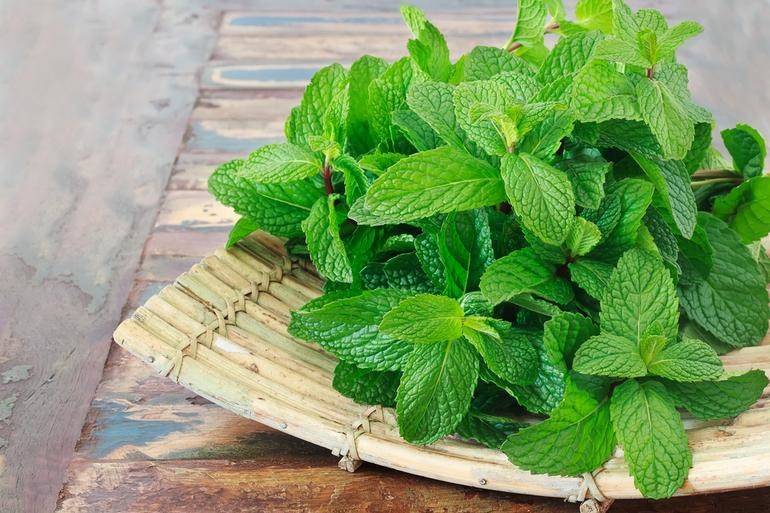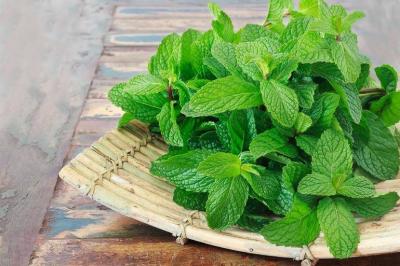Dr. Yelena Solomatina revealed the beneficial properties and harms of mint, identifying the individuals who should avoid consuming it. The doctor notes that "mint is a unique plant; on one hand, it is refreshing and invigorating, while on the other hand, it causes relaxation. Additionally, mint leaves have antibacterial and anti-inflammatory properties, which is why they are components of many medications." She states, "Mint has a pleasant refreshing taste. Because it contains germicidal properties, it is often added to mouthwash. It is also used in medications and preparations for treating gum inflammation, oral inflammation, damage to the oral mucosa, and sore throat treatment. It is recommended to add it to drinks and tea during coughs as it has an expectorant effect, and drinking mint tea in the evening helps to fall asleep quickly due to its calming effect, which is attributed to its organic acids. Mint also impacts our energy and improves concentration."
According to her, mint positively affects the cardiovascular system and the digestive system. She adds, "The vitamin P found in mint strengthens blood vessel walls and aids in the dilation of blood vessels and capillaries, so it is often used as a means to lower blood pressure. It also has a choleretic effect, improves digestion, and helps treat indigestion and bloating."
### Mint's Harms
However, mint also has harmful properties, so it cannot be consumed by everyone. She says, "People with low blood pressure should avoid mint because blood vessels expand, and blood pressure may drop even further. It can also cause allergies during breastfeeding, so it is not advised to consume mint-containing drinks without consulting a physician. Additionally, men with low testosterone levels are advised against eating mint due to its high content of phytoestrogens and are recommended to use other alternative calming agents."




